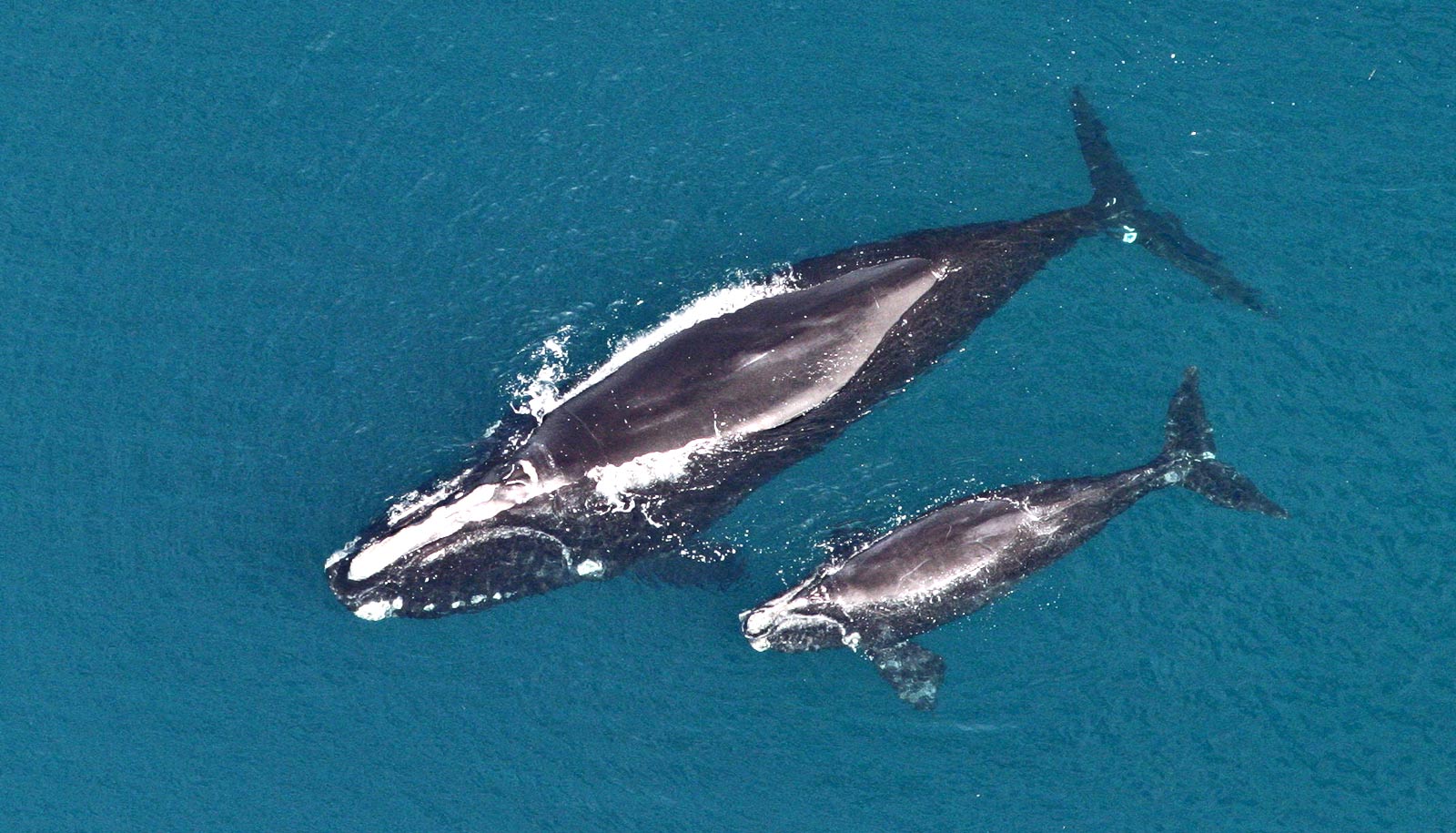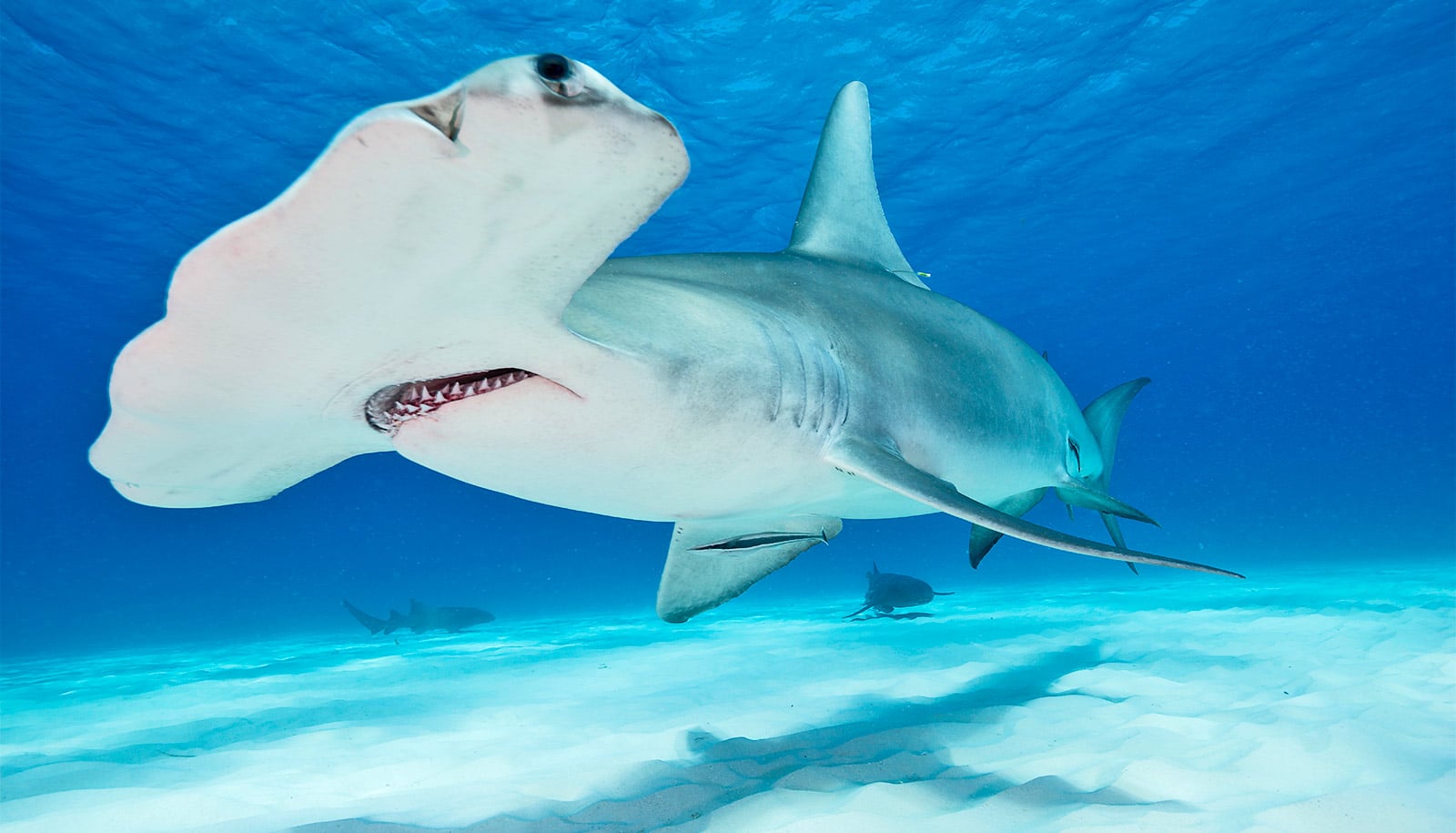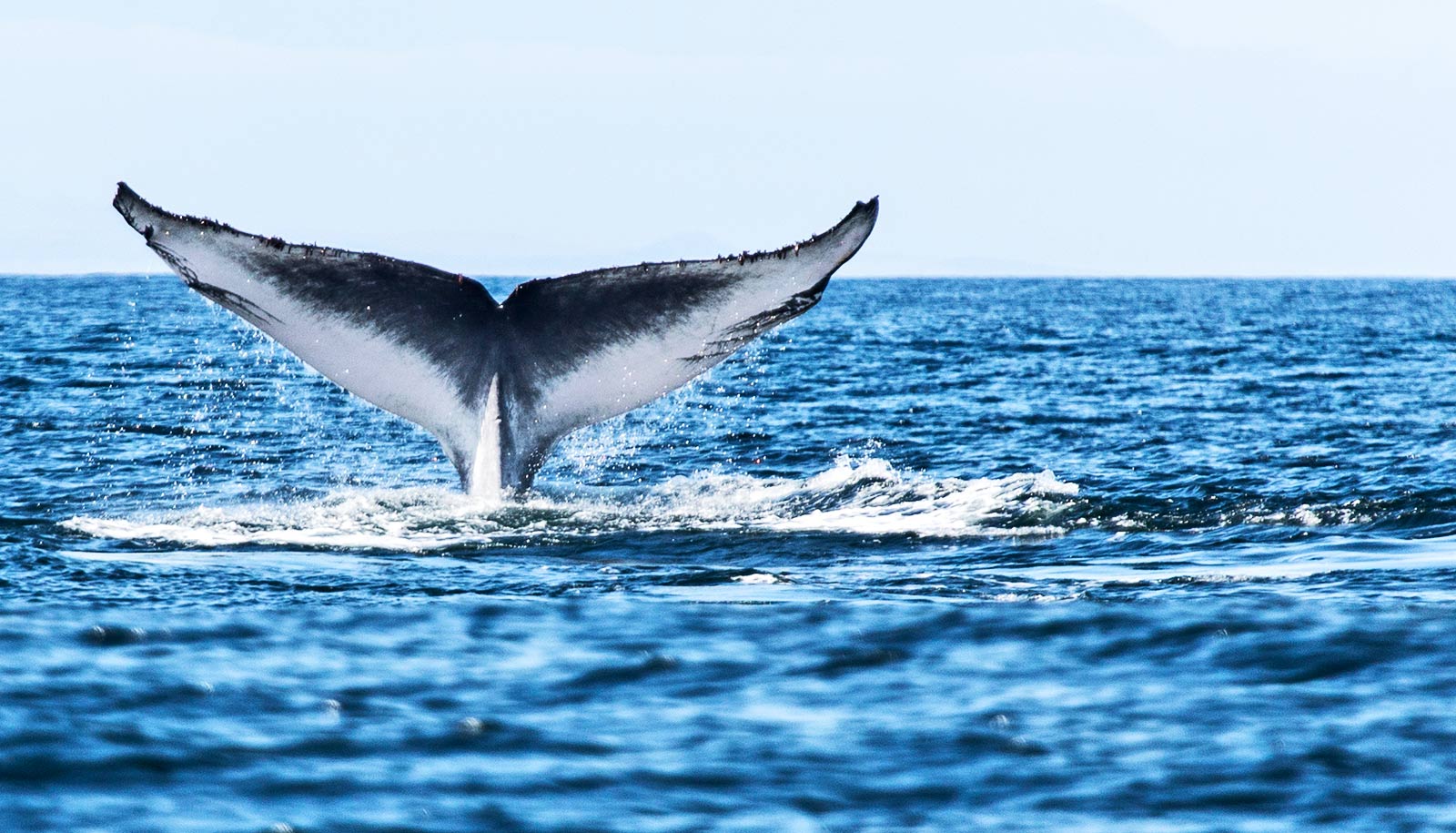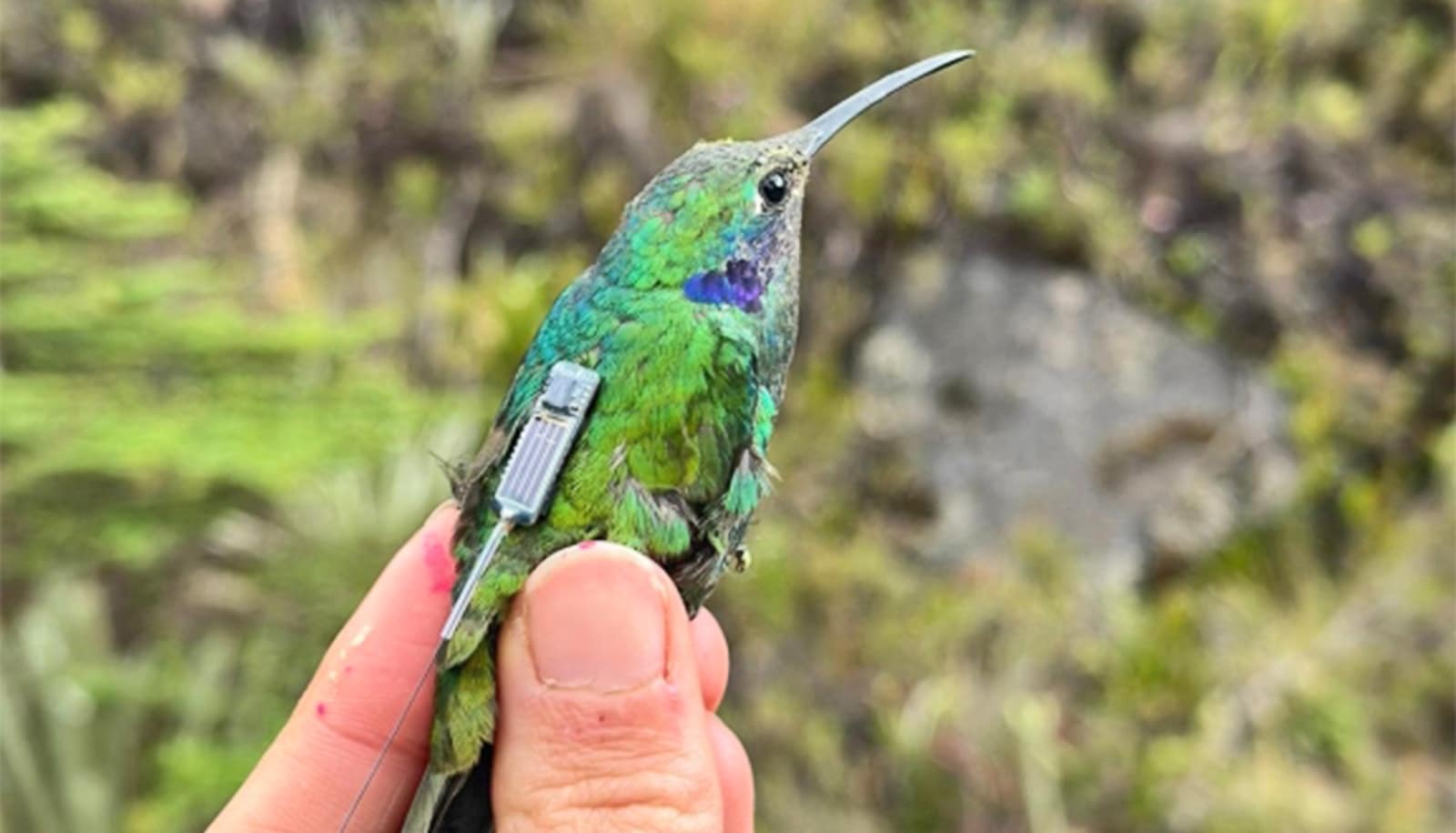North Atlantic right whales face a serious danger of extinction—a danger made all the more apparent this breeding season as scientists see no sign of newborns.
As waters warm and food supplies dwindle, the right whales are migrating further north into places like the Gulf of Saint Lawrence where they face dangerous new threats, from boats and fishing gear, report researchers.
Last summer, 17 right whales died, greater than 3.5 percent of the whole population.
While these places have more food, they offer no protection, says Charles Greene, professor of oceanography at Cornell University. Greene has studied right whale food availability around the Gulf of Maine for nearly two decades and monitors their migration north.
“Right whale reproduction varies greatly from decade to decade depending on the abundance of Calanus finmarchicus, a copepod species that is its primary source of nutrition. In recent years, we became concerned about how the population might respond to the recent accelerated warming of its foraging areas in the Gulf of Maine (GOM),” explains Greene.
“A recent modeling study predicted that C. finmarchicus will shift its distributional range northward in response to warming in the GOM,” he says.
“We anticipated that this would have implications for the right whale population, but had no idea how dramatic they would be. Last summer, 17 right whales died, greater than 3.5 percent of the whole population,” Green says. “We hypothesize that the right whales are migrating further north to explore better foraging grounds as the C. finmarchicus population shifts northward.”
Greene says the problem with this northward migration into Canadian waters is that the protections the whales receive in the GOM are nonexistent.
North Atlantic right whales have a ‘baby boom’
“The fishing gear has not been specially designed to break away when whales are entangled, and there are no acoustic monitoring programs in place to force ships to slow down when whales are present,” Greene says. “Most of the dead whales that have been examined have exhibited evidence of the blunt trauma associated with ship strikes.
“Combined with the nutritional stress the population is undergoing, no new calves were observed this year. This elevated mortality in the population paints a bleak picture for this highly endangered species’ future,” he says.
Source: Cornell University



